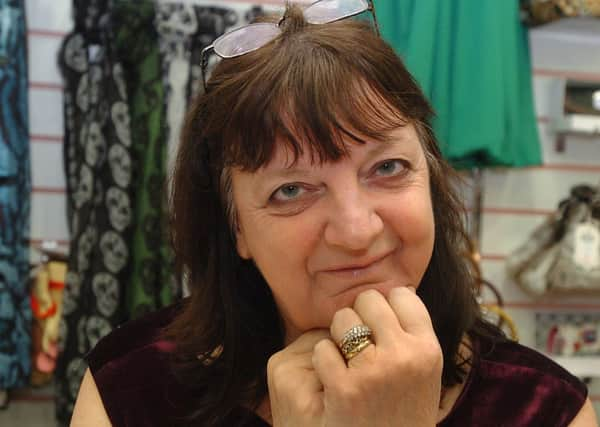DERBYSHIRE: Breast cancer treatment boost under NICE guidelines


The National Institute for Health and Care Excellence (NICE) have today issued new recommendations that state women with a three in ten chance of getting the disease should be offered one of two anti-oestrogen drugs, tamoxifen or raloxifene, which have been found to reduce the cancer by 30 per cent to 40 per cent.
Bakewell-based Wendy Watson, who founded the National Hereditary Breast Cancer Helpline in 1996 and was on the NICE committee, said the changes are a “massive milestone” in the treatment of breast cancer.
Advertisement
Hide AdAdvertisement
Hide AdShe said: “It’s a huge step forward. It means that those people who wouldn’t consider surgery have this additional tool to help them.
“The guidelines also mean they are lowering the threshold for people to get genetic screening, so people no longer have to have a living relative with cancer caused by the mutated gene to get a test.”
The new recommendations mean anyone who has a 10 per cent risk of having inherited one of the two genes that give women a particularly high chance of breast cancer will be offered a blood test. It was previously available only to those with a 20 per cent risk.
But Wendy, who was Britain’s first woman to have a double mastectomy to cut her chances of getting breast cancer, said the one-a-day pills aren’t without their side effects, including hot flushes, night sweats, mood swings, nausea and weight gain.
Advertisement
Hide AdAdvertisement
Hide AdBaroness Delyth Morgan, Chief Executiver of Breast Cancer Campaign, said: “This is a truly historic moment in the treatment of women at increased breast cancer, as we are witnessing a fundamental change of clinical practice driven by medical research.
“We strongly welcome NICE’s decision to recommend chemoprevention treatments and a broadening of access to genetic testing and surveillance. Having varied options available to women at an increased risk enables more effective prevention, detection and treatment of the disease.”